38 reading and interpreting food labels
Reading Nutrition Labels Teaching Resources | Teachers Pay Teachers Reading and Interpreting a Nutrition Facts Food Label - GUIDED NOTES by Elena Teixeira 4.6 (19) $1.75 Zip This guided notes sheet helps keep students engaged during a discussion of the eight parts of a Nutrition Facts Label. How to Read Food Labels - AANMC For a food to be considered "low sodium", it may not have more than 140 mg per serving. 4, 5. Of course, the very best food choices are the ones with no ingredient list at, such as fruits, vegetables, legumes, nuts, and seeds. However, we live in a world where packaged foods are ubiquitous, so having as much information as possible is ...
Nutrition Facts And Food Labels Teaching Resources | TPT The student is expected to: (I) examine the nutritional value of fast foods and convenience foods; (J) read and interpret food labels;We Will: Discuss the basics of reading labels, including the different parts of a food label. I Will: Work with my partner to practice reading food labels and

Reading and interpreting food labels
How to read food labels | safefood education Topic 3 - Healthy eating information and reducing food waste. Activity Sheets: The food groups and reference daily intakes (PDF, 300KB) Classroom Slides (PDF, 2MB) Information Sheet (PDF, 1.5KB) Teacher's Notes (PDF, 2MB) Transition year Topic 1 - Food labelling and healthy eating. Activity Sheets: Identify the foods from the ingredients (PDF ... Reading A Food Label Worksheets & Teaching Resources | TpT It can be used in conjunction with the Reading & Interpreting a Nutrition Facts Label Powerpoint available in my store or as an activity/assessment on its own. The label include. Subjects: ... This Reading A Food Label Bundle includes:Editable Note Taking Guide (Google Docs)Thorough 7-Page Lesson Sequence with all talking points (PDF)Editable ... Food labels - NHS Most pre-packed foods have a nutrition label on the back or side of the packaging. These labels include information on energy in kilojoules (kJ) and kilocalories (kcal), usually referred to as calories. They also include information on fat, saturates (saturated fat), carbohydrate, sugars, protein and salt.
Reading and interpreting food labels. How to Read a Food Label - Beyond Type 2 Reading and interpreting the information on a food label can be confusing, especially if you're trying to maintain or improve your health. But don't worry, it's not hard, in fact, learning how to read the info on a label will make you more informed about what you're eating on a daily basis. Food labels list everything that makes up the product. Learning To Read Labels :: Diabetes Education Online On a nutrition food label, subtract the fiber from the total carbohydrate amount. When you read food labels, the grams of sugar are already included in the total carbohydrate amount, so you do not need to count this sugar amount separately. The grams of sugar listed include both natural sugars, from fruit or milk, and added sugars. How to Understand and Use the Nutrition Facts Label | FDA - U.S. Food ... Overview. The information in the main or top section (see #1-4) of the sample nutrition label (below) can vary with each food and beverage product; it contains product-specific information ... How to understand food labels | Eat For Health The Nutrition Information Panel on a food label offers the simplest and easiest way to choose foods with less saturated fat, salt (sodium), added sugars and kilojoules, and more fibre. It can also be used to decide how large one serve of a food group choice or discretionary food would be and whether it's worth the kilojoules.
The Importance of Reading the Food Label and Nutritional Facts The Importance of Reading Food Labels This information does two things: The Basics of Reading a Nutrition Label 1. Serving Size 2. Calories per Serving 3. Percent Daily Values 4. Nutrient Contents 5. Vitamins & Minerals 6. Ingredient List Putting it All Together Reading food labels makes a big difference when it comes to your family's health. Understanding Food Nutrition Labels | American Heart Association 1 - Start with the serving information at the top. This will tell you the size of a single serving and the total number of servings per container (package). 2 - Next, check total calories per serving and container. Pay attention to the calories per serving and how many calories you're really consuming if you eat the whole package. Food Label Reading 101 - Food Label Reading 101 - mirandacasiano.com First thing labeled is the various fats - saturated, unsaturated, cholesterol. The above section shows you a closer look and contains important markers you should look for. Remember that fats are good for you in moderate amounts so don't overthink this and stress yourself out. See also Protein's Powerful Purpose: Set Healing in Motion Reading food labels to avoid food allergies and intolerances Reading food labels to avoid food allergies and intolerances In Australia all packaged foods must include a food label. Food labelling is governed by Food Standards Australia New Zealand (FSANZ). Nutrition information is found in two places on a food label: the ingredient list and the nutrition information panel. Sample food label
Food labels - NHS Most pre-packed foods have a nutrition label on the back or side of the packaging. These labels include information on energy in kilojoules (kJ) and kilocalories (kcal), usually referred to as calories. They also include information on fat, saturates (saturated fat), carbohydrate, sugars, protein and salt. Reading A Food Label Worksheets & Teaching Resources | TpT It can be used in conjunction with the Reading & Interpreting a Nutrition Facts Label Powerpoint available in my store or as an activity/assessment on its own. The label include. Subjects: ... This Reading A Food Label Bundle includes:Editable Note Taking Guide (Google Docs)Thorough 7-Page Lesson Sequence with all talking points (PDF)Editable ... How to read food labels | safefood education Topic 3 - Healthy eating information and reducing food waste. Activity Sheets: The food groups and reference daily intakes (PDF, 300KB) Classroom Slides (PDF, 2MB) Information Sheet (PDF, 1.5KB) Teacher's Notes (PDF, 2MB) Transition year Topic 1 - Food labelling and healthy eating. Activity Sheets: Identify the foods from the ingredients (PDF ...




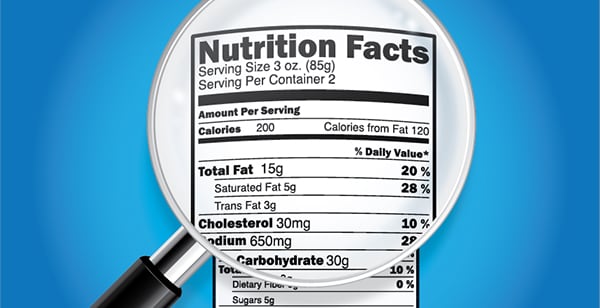
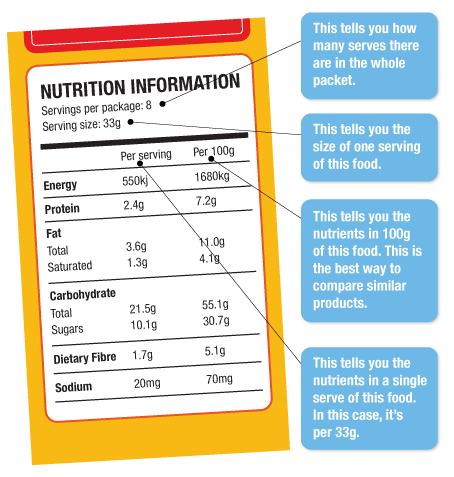
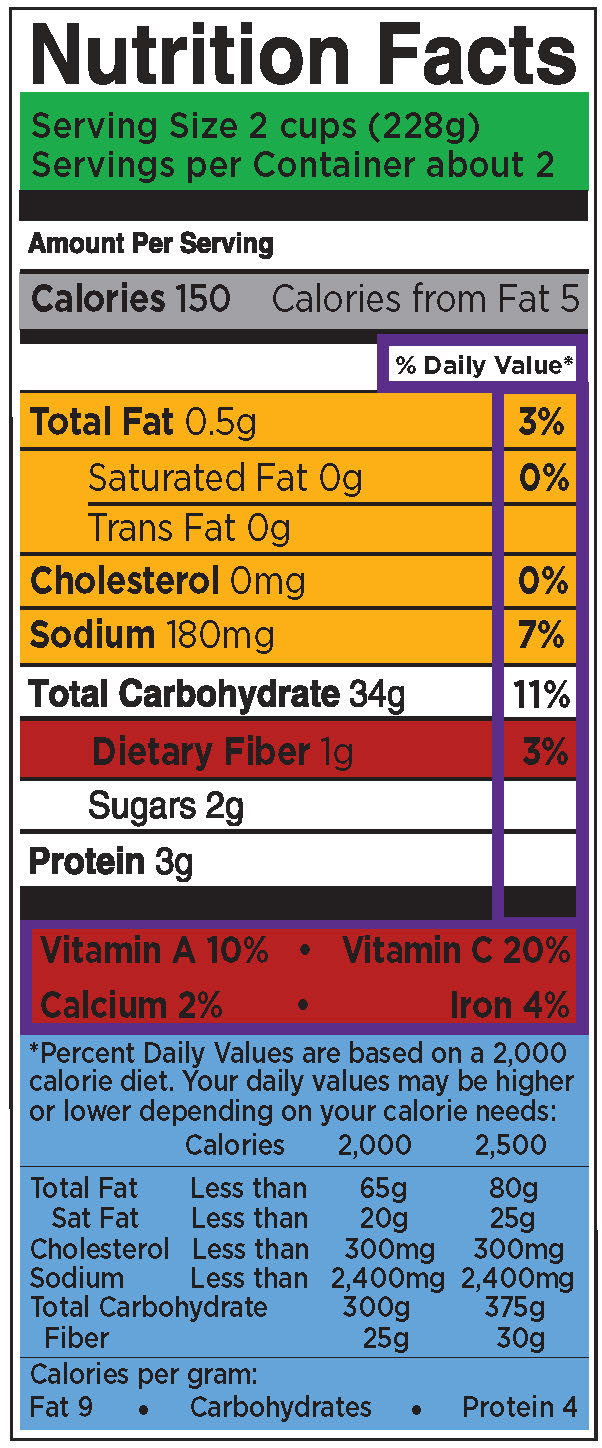
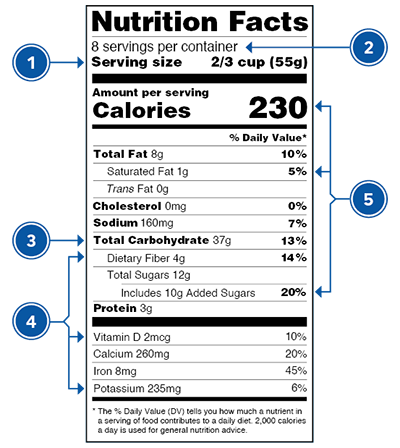

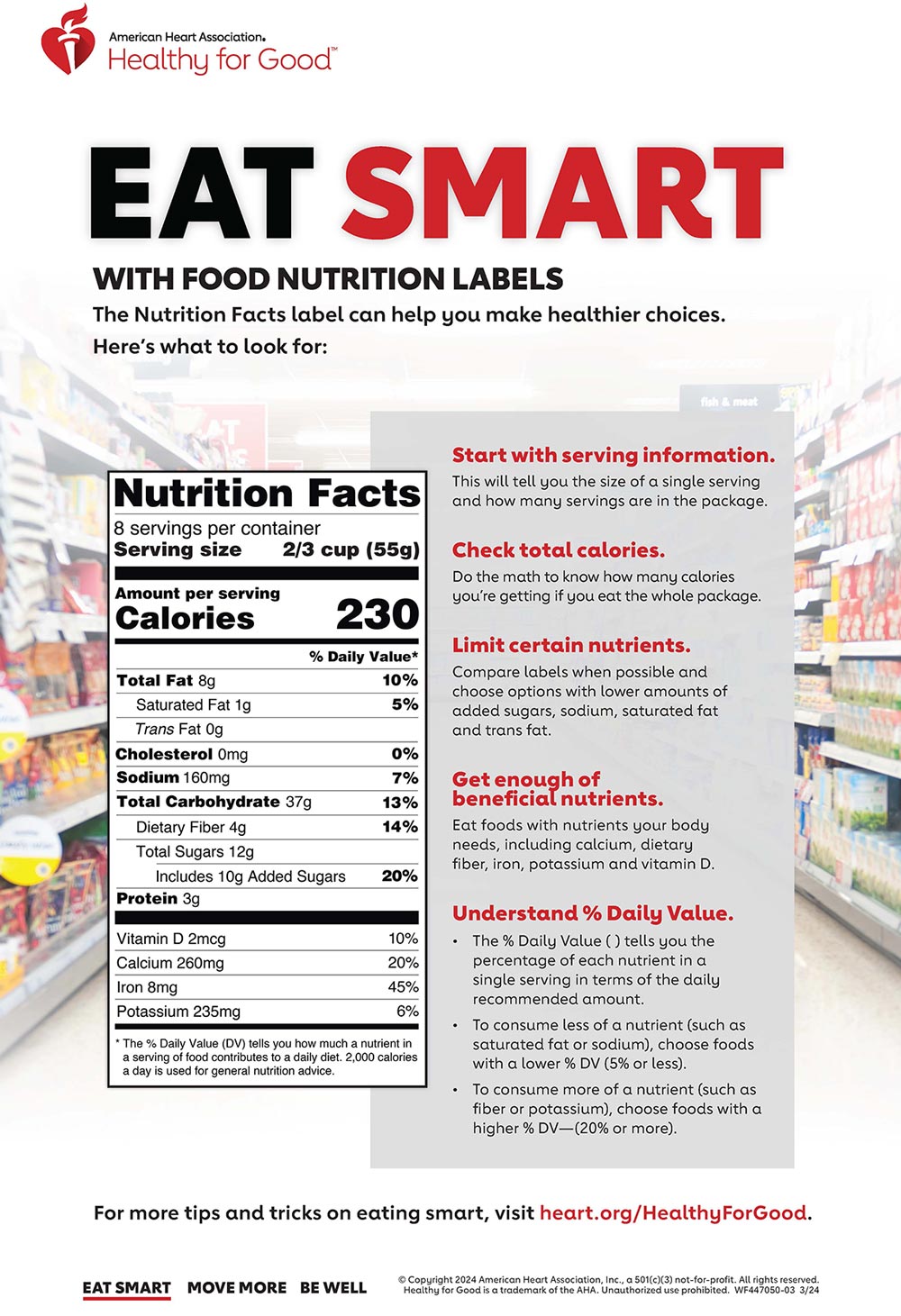

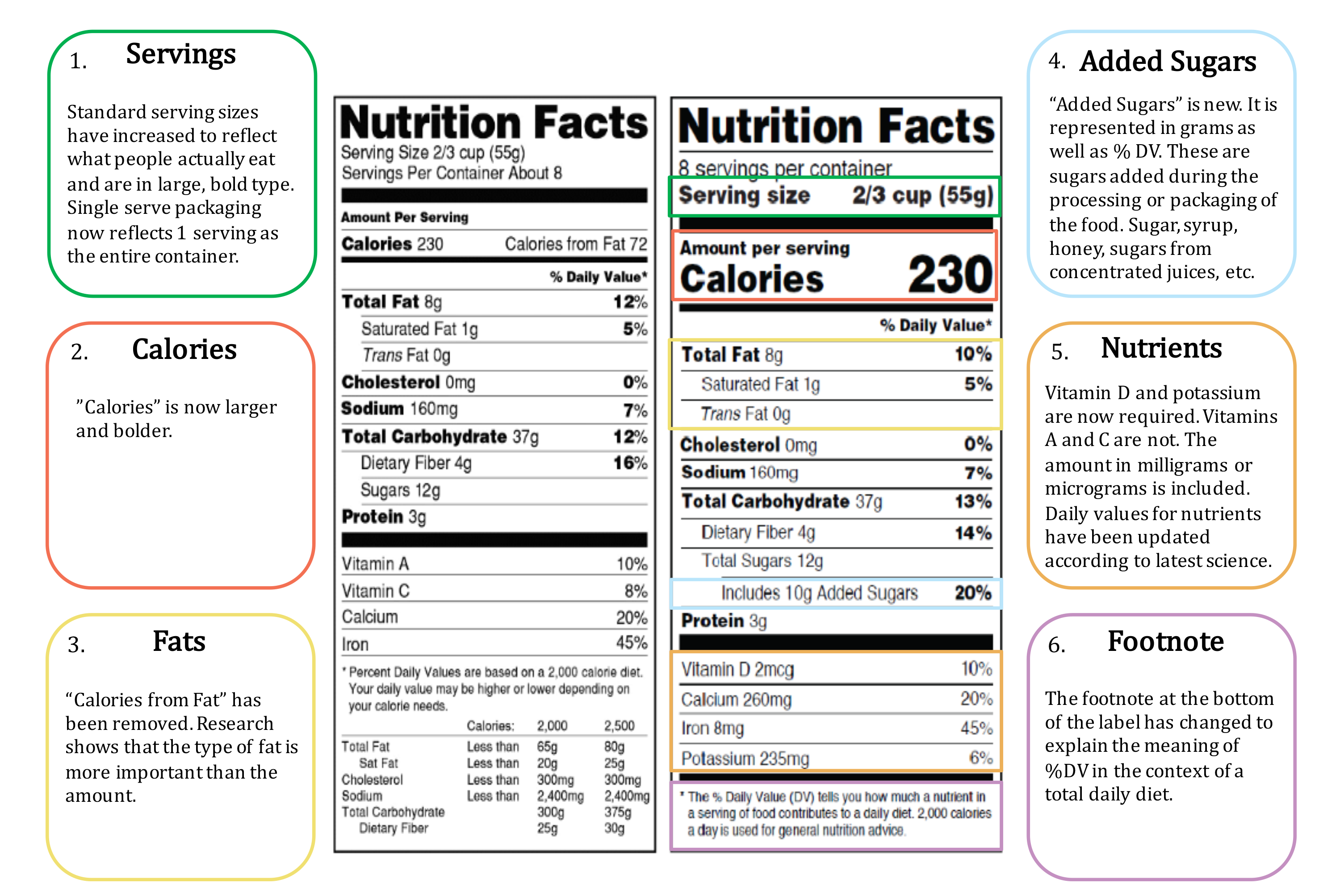


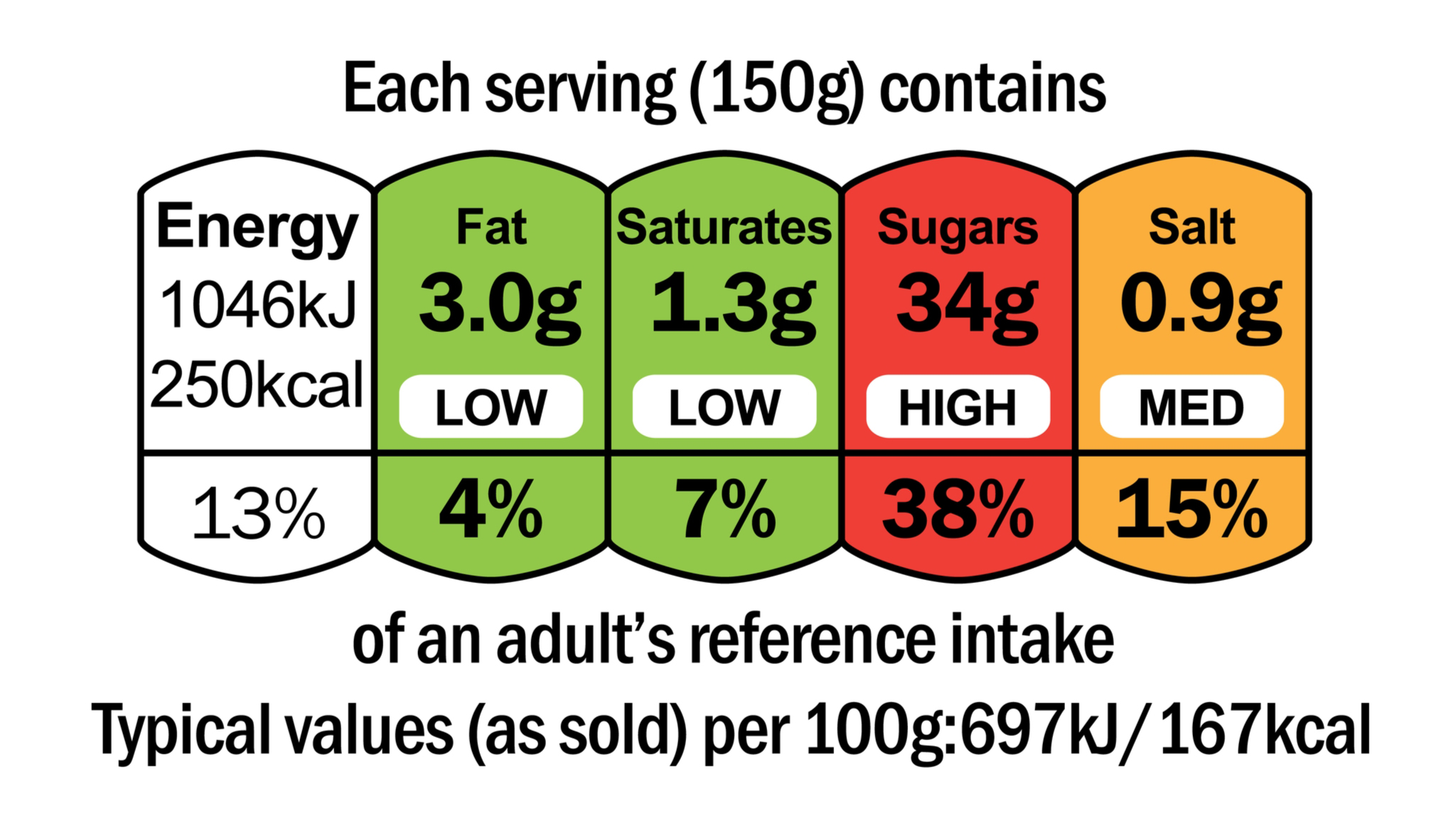

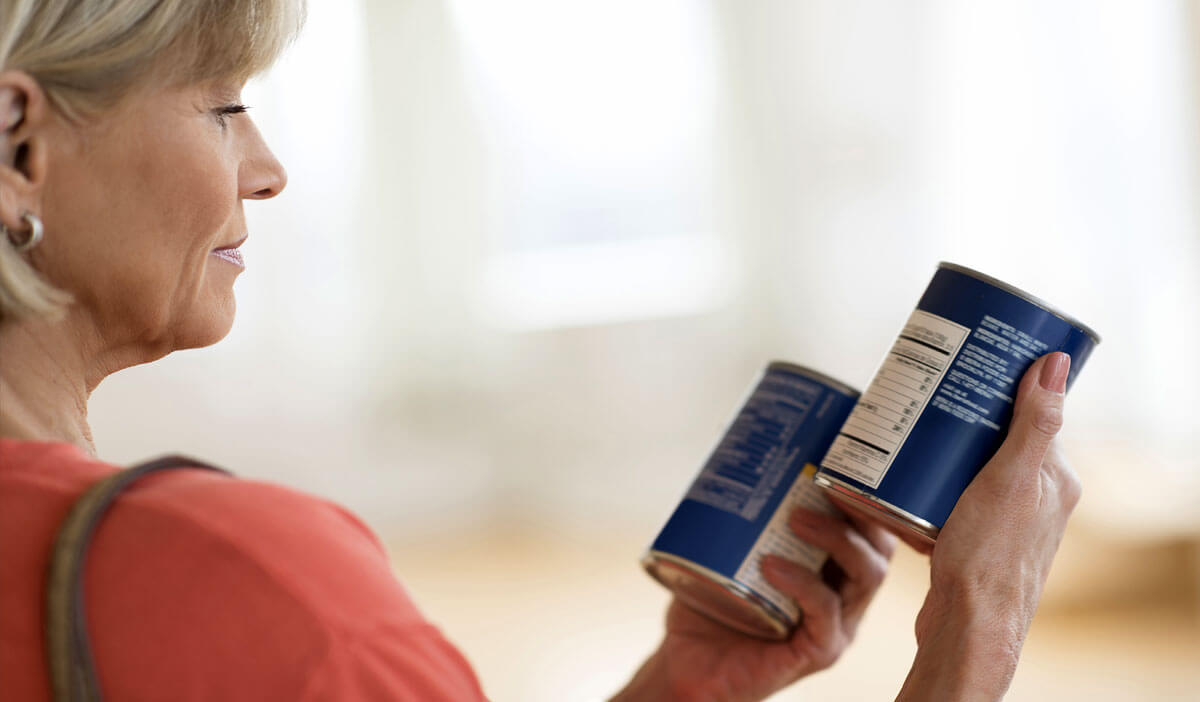
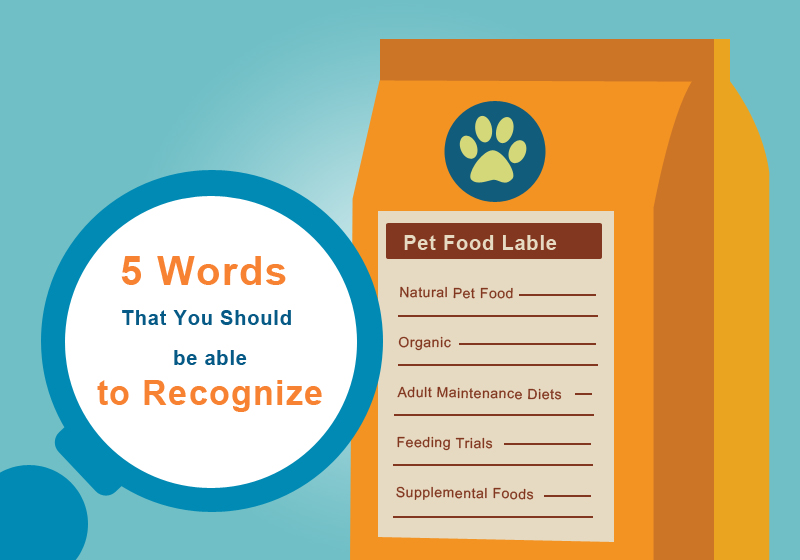
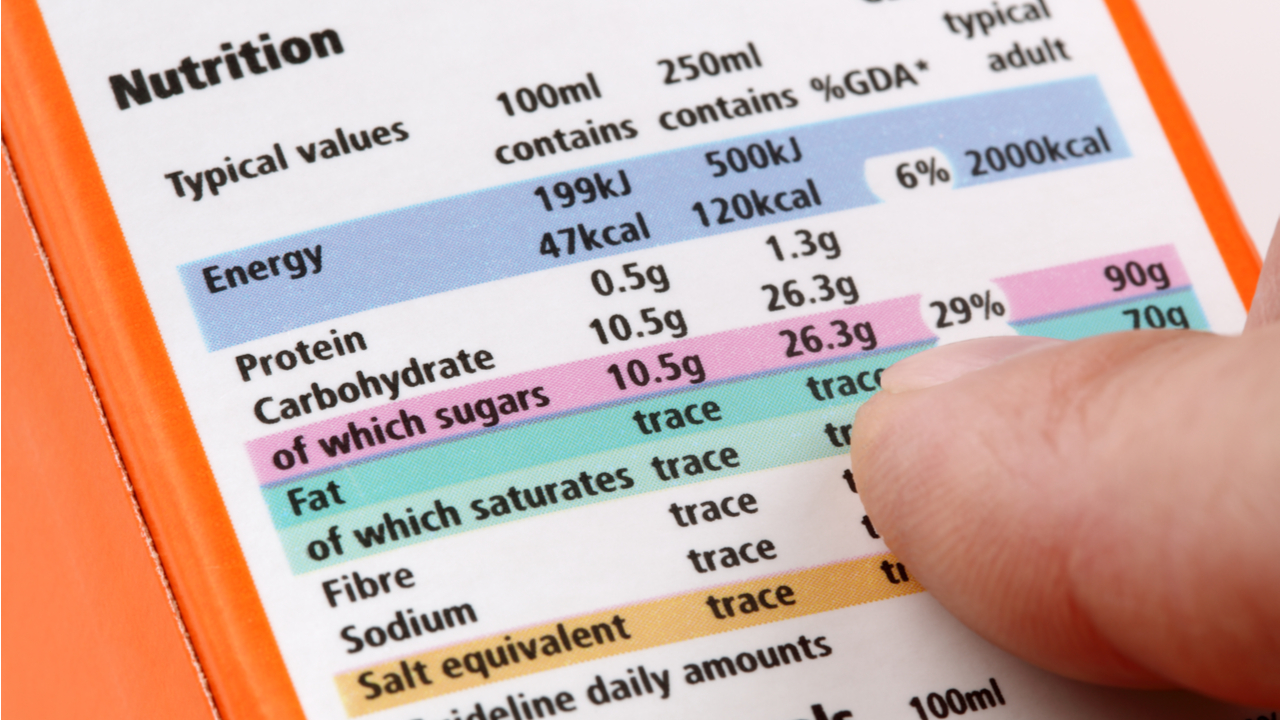


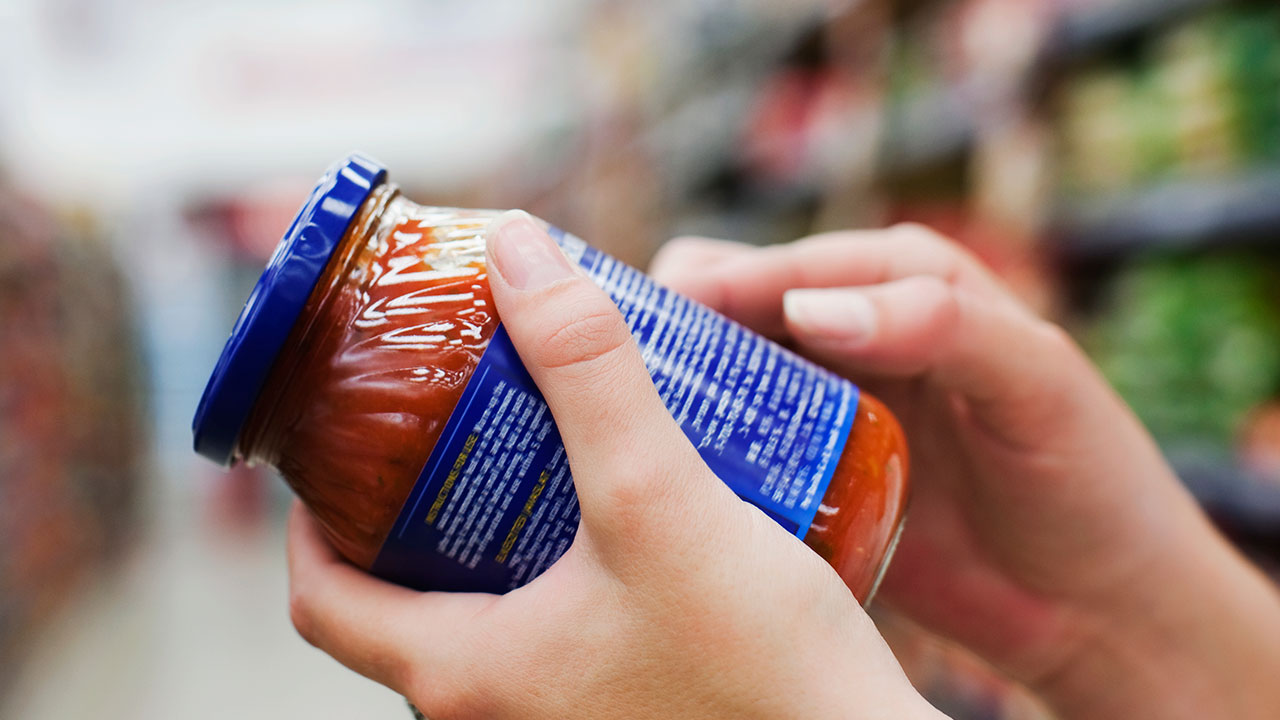



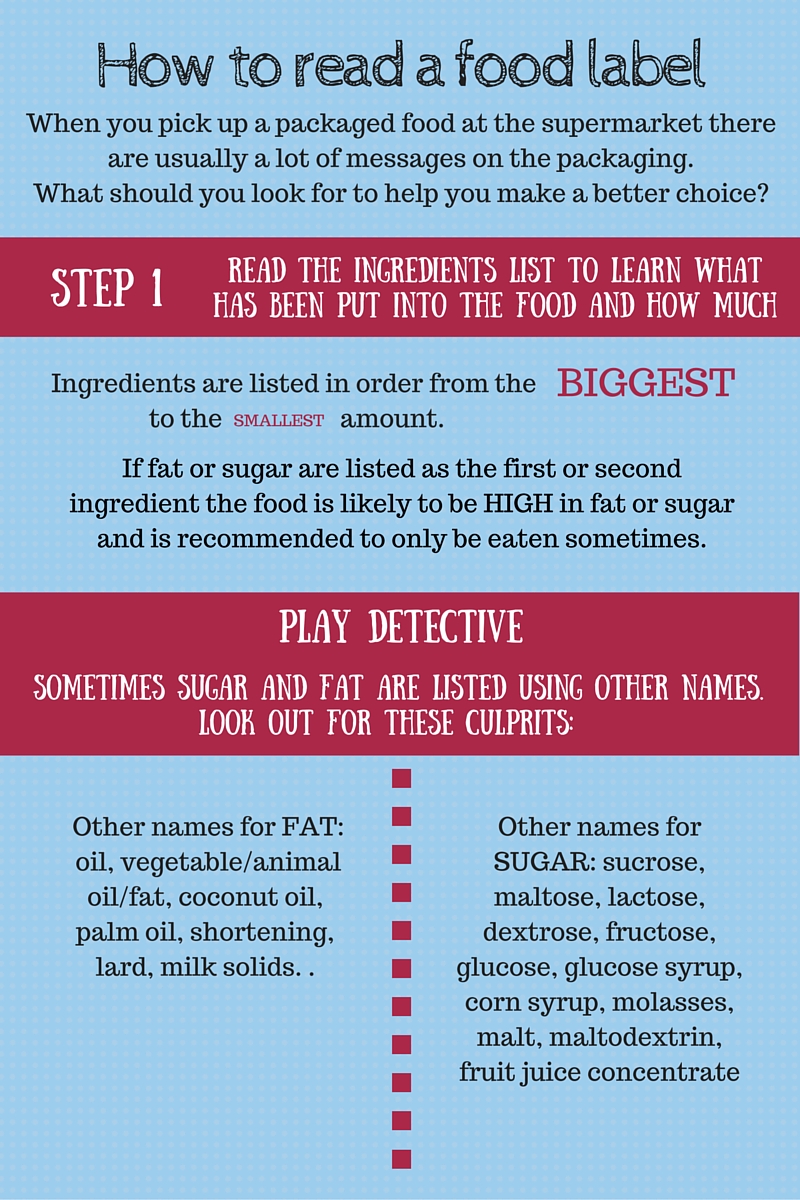
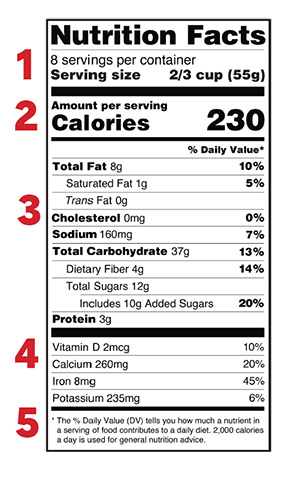


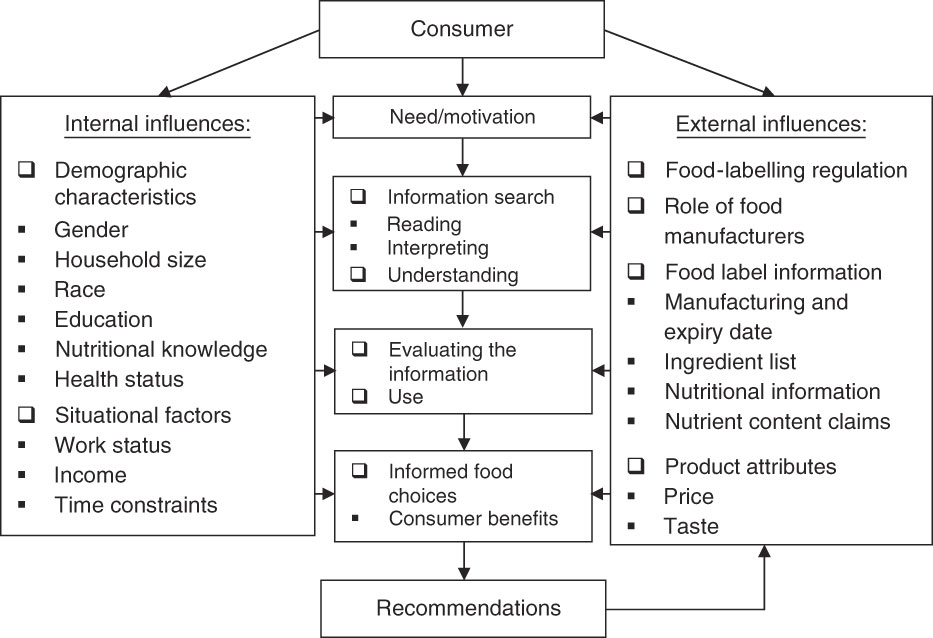

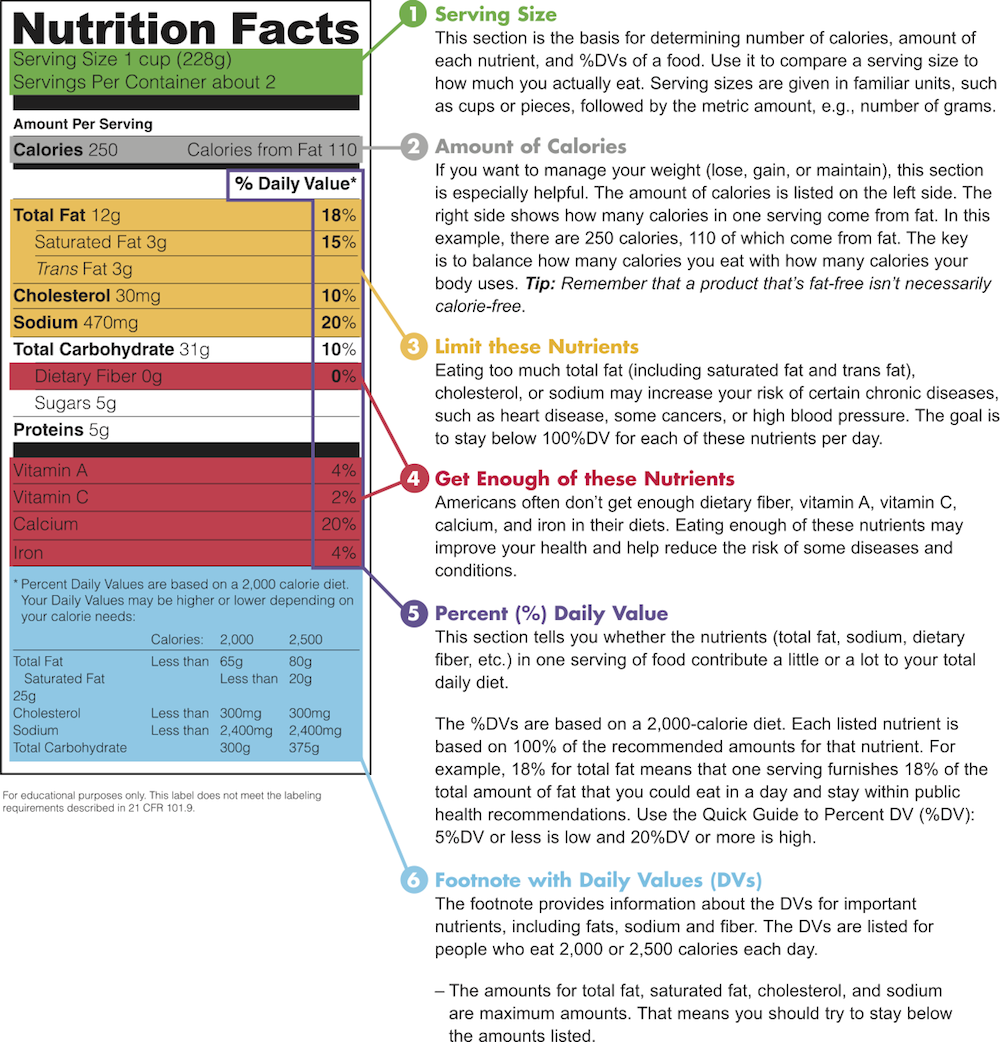


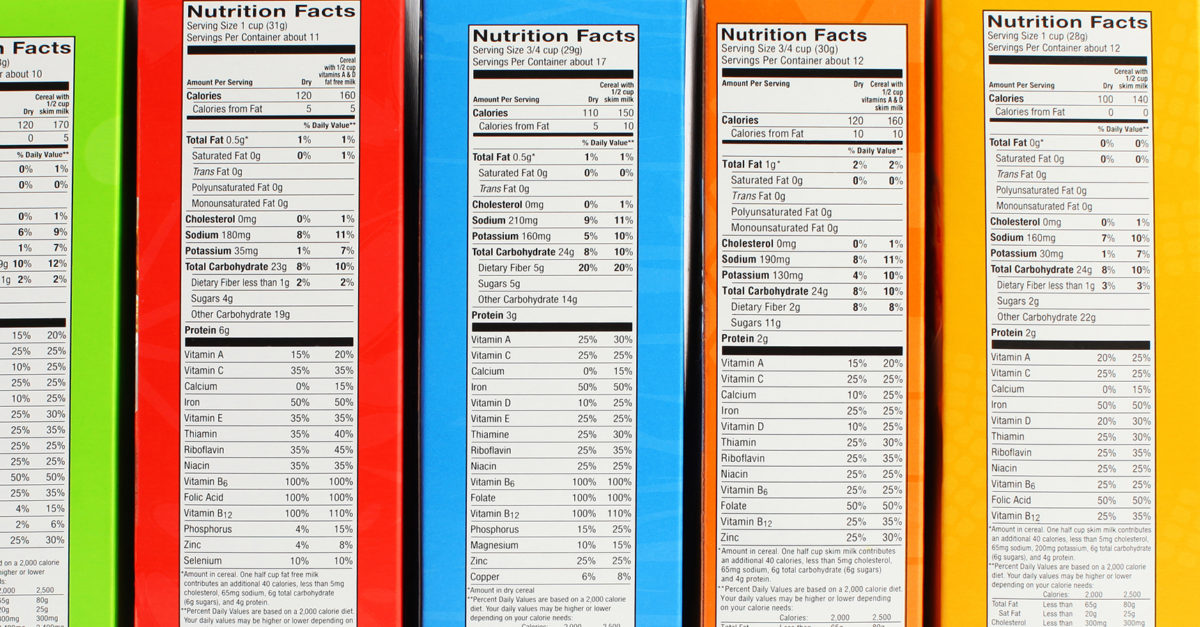

Post a Comment for "38 reading and interpreting food labels"